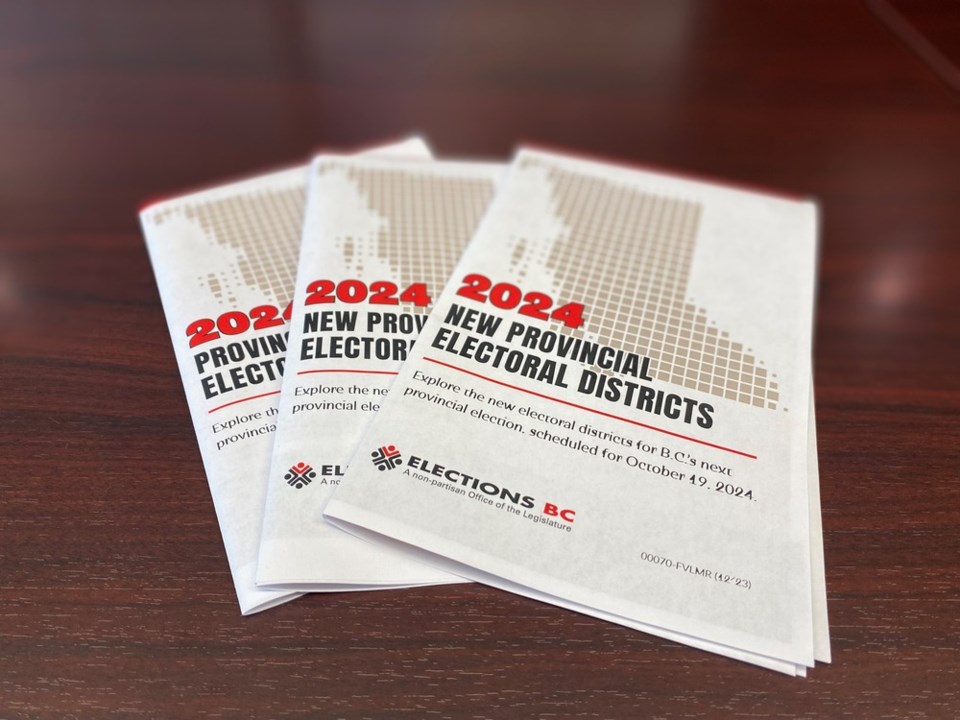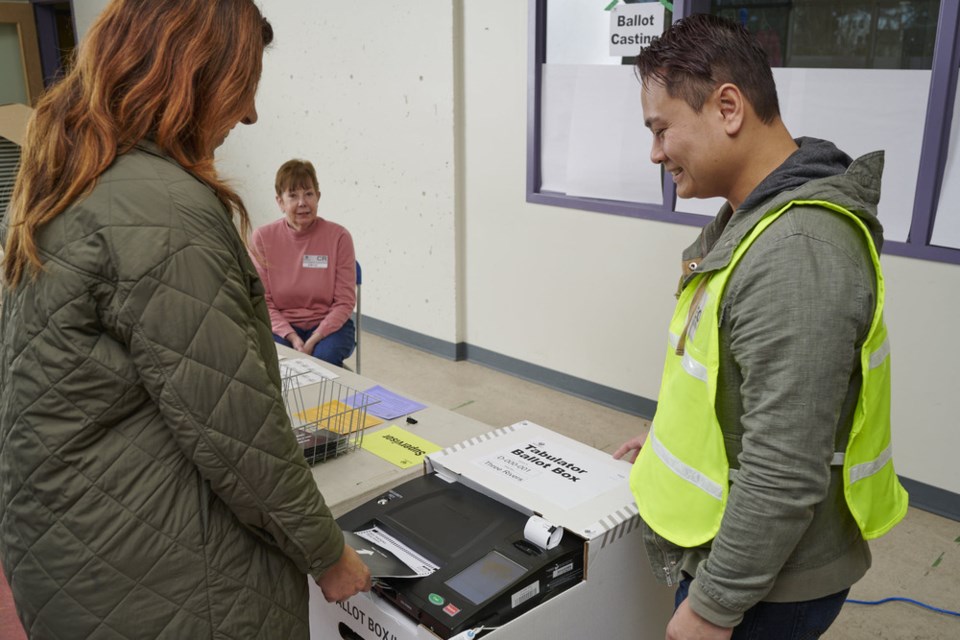The launch into any new year holds many ambiguities, but one thing is certain in 2024: British Columbians will be heading to the polls for a provincial election. B.C.’s next election is scheduled for October 19, 2024.
Voting is very much about a sense of civic duty and responsibility, but it’s also an immense privilege that many of us take for granted. While the election may seem far away, there are things to be aware of now to ensure you’re ready when the election is called. Elections BC can help you prepare.
The Canadian Charter of Rights and Freedoms gives Canadian citizens the right to vote in provincial and federal elections. Elections BC is the custodian of that right for provincial elections in the province
"Our main purpose is to help British Columbians vote in provincial elections," explains Anton Boegman, Chief Electoral Officer of British Columbia.
"As an independent, non-partisan office of the provincial legislature, we are voters' trusted source of information about elections and electoral matters, such as electoral boundary redistributions."
New electoral districts

There will be new electoral districts for the 2024 provincial election.
There will be six additional electoral districts (in Langford, Vancouver, Burnaby, Surrey, Langley, and Kelowna), increasing the provincial total to 93 from 87. There will also be changes to many of the 87 existing districts.
"This means adjustments to the boundaries of 72 electoral districts, and changes to the names of 41 electoral districts to reflect the geographical change," Boegman says.
It’s important to know your electoral district because it determines your candidates and nearest voting places. Visit elections.bc.ca/mydistrict to find yours.
The new electoral districts will come into effect when the election is called.
New tech makes voting easier
New technology will be used to administer the 2024 provincial election, including electronic tabulators to count paper ballots and laptops to look up voters and cross them off the voters list.
"The upcoming election is going to be the first provincial general election conducted under the modernized Election Act," says Boegman.
"We're using the laptops to help make voting faster and easier, and because the tabulators count paper ballots accurately and quickly after voting closes, we'll see faster results. That paper ballot will be retained, of course, and it would be used if there’s a recount or a judicial recount.
"This new model has been used in four by-elections in B.C. and provides a pretty seamless experience for voters."
Register to Vote
To register to vote in B.C., you must be: a Canadian citizen, 18 or older, a B.C. resident for the past six months, and not disqualified from voting.
If you meet these criteria, you can register or update your information online at elections.bc.ca/register or by calling 1-800-661-8683. In-person registration is also available at #100–1112 Fort St in Victoria.
Registered voters will receive important updates from Elections BC after an election is called, including information about where, when and how to vote.
Electoral integrity
Maintaining election integrity — ensuring that elections are fair and secure — is one of Elections BC’s core principles. The organization responds swiftly to any threats to electoral integrity, such as disinformation about the electoral process.
"Changes made to B.C.'s election legislation in 2023 reflect that certain forms of disinformation are specifically prohibited in B.C.'s electoral law, including disinformation about the voting process, and specific false statements about verifiable facts on candidates or election officials," describes Boegman.
"Everyone can learn about the changes through our website, and how we're working to protect electoral integrity and keep our elections secure."
For more information, visit elections.bc.ca.



